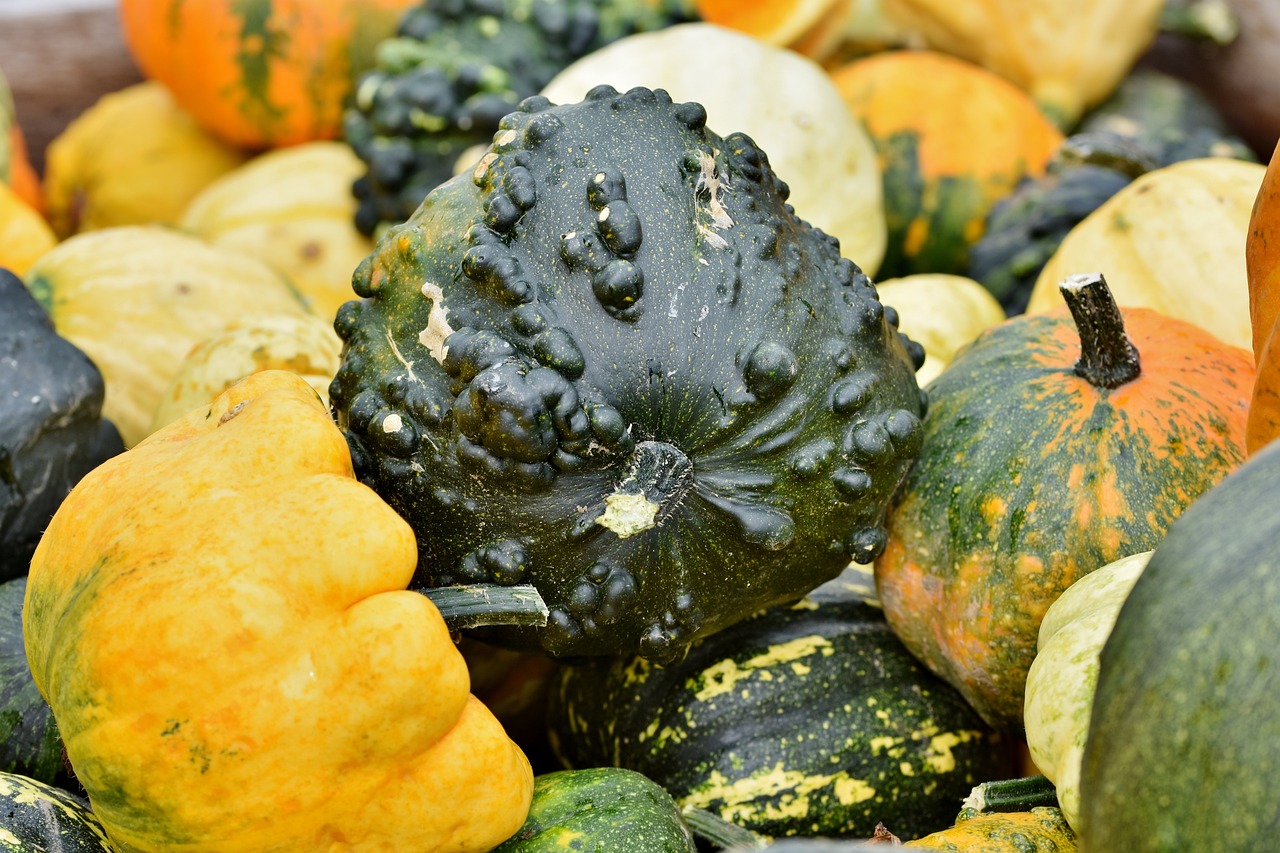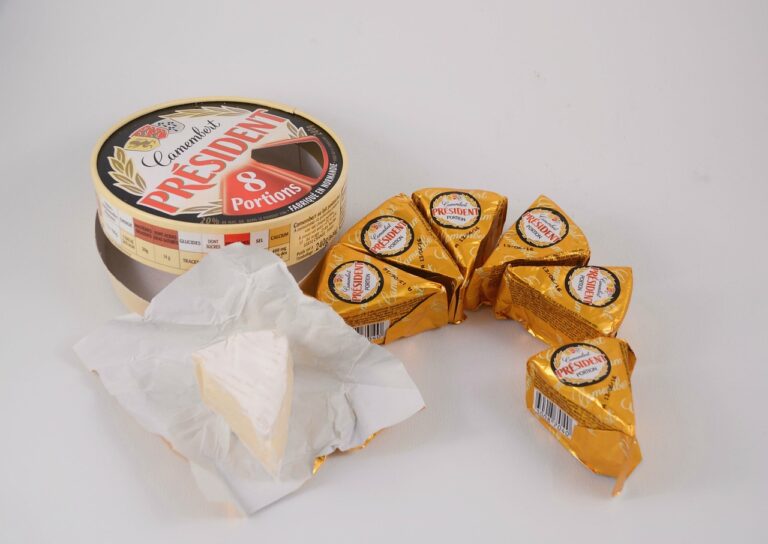Food Storage Myths Debunked: Separating Fact from Fiction: Cricbet99com, Sky11. Live login, Cricbet99 reddy anna
cricbet99com, sky11. live login, cricbet99 reddy anna: Food storage is an essential part of our daily lives, ensuring that we have access to fresh and nutritious ingredients whenever we need them. However, there are many myths surrounding food storage that can lead to confusion and misinformation. In this article, we will debunk some of the most common food storage myths and separate fact from fiction.
Myth #1: Storing bread in the refrigerator keeps it fresh longer
Many people believe that storing bread in the refrigerator will help it stay fresh longer. However, this is not always the case. Refrigeration can actually dry out bread and make it go stale faster. It’s best to store bread at room temperature in a cool, dry place or freeze it for longer storage.
Myth #2: Freezing milk will make it go bad
Some people think that freezing milk will cause it to spoil, but this is not true. In fact, freezing milk can help extend its shelf life by several months. Just be sure to leave some room at the top of the container for expansion, as milk will expand when frozen. When you’re ready to use the frozen milk, simply thaw it in the refrigerator and give it a good shake before using.
Myth #3: Eggs should be stored in the refrigerator door
Many refrigerators have an egg holder in the door, leading some people to believe that eggs should be stored there. However, the door is actually one of the warmest parts of the refrigerator, and storing eggs there can cause them to spoil faster. Eggs should be kept in their original carton on a shelf in the main part of the refrigerator for optimal freshness.
Myth #4: Potatoes and onions should be stored together
While potatoes and onions are often used together in recipes, they should not be stored together. Potatoes release moisture and gases that can cause onions to spoil faster. Both potatoes and onions should be stored in a cool, dry place, but it’s best to keep them in separate containers to prevent premature spoiling.
Myth #5: Leftovers are safe to eat indefinitely
While leftovers can be a convenient way to enjoy a meal again, they won’t last forever. Leftovers should be stored in the refrigerator and eaten within 3-4 days for optimal freshness and safety. If you’re not able to eat them in that time frame, consider freezing them for longer storage.
Myth #6: Canned foods last forever
Canned foods can last a long time, but they won’t last forever. The quality of canned foods can deteriorate over time, leading to changes in texture, taste, and nutritional content. It’s important to check the expiration dates on canned foods and rotate your stock to ensure that you’re using the oldest cans first.
Now that we’ve debunked some common food storage myths, let’s move on to some best practices for storing different types of food:
Meat and poultry:
Raw meat and poultry should be stored in the coldest part of the refrigerator, typically on the bottom shelf. It’s best to store these items in their original packaging or in airtight containers to prevent cross-contamination with other foods. Cooked meats should be stored in the refrigerator for 3-4 days or frozen for longer storage.
Dairy products:
Milk, cheese, and yogurt should be stored in the main part of the refrigerator, where the temperature is the most consistent. Dairy products should be kept tightly sealed to prevent odors from other foods from being absorbed. Cheese can be stored in the refrigerator for several weeks, while milk and yogurt should be consumed within their expiration dates.
Fruits and vegetables:
Most fruits and vegetables should be stored in the crisper drawer of the refrigerator to maintain their freshness. Some fruits, like apples and bananas, can release ethylene gas, which can cause other produce to ripen faster. It’s best to store these fruits separately or in airtight containers to prevent premature spoiling.
Grains and pantry staples:
Dry goods like rice, pasta, flour, and beans should be stored in a cool, dry place away from heat and light. These items should be kept in airtight containers to prevent pests and moisture from getting in. Check expiration dates on packaged goods and rotate your stock to ensure freshness.
Now that we’ve covered some best practices for food storage, let’s address some frequently asked questions about food storage:
FAQs
Q: Can I refreeze thawed foods?
A: It’s generally safe to refreeze thawed foods, but the quality may suffer. It’s best to thaw foods in the refrigerator and use them within a few days for optimal freshness.
Q: How can I prevent food from spoiling in the refrigerator?
A: To prevent food from spoiling in the refrigerator, make sure it’s set to the correct temperature (below 40F) and store items in airtight containers to prevent odors from other foods.
Q: Is it safe to eat food past its expiration date?
A: While expiration dates are a helpful guideline, they’re not always an indication of food safety. Use your senses to determine if food is still safe to eat, including smell, appearance, and taste.
In conclusion, proper food storage is essential for maintaining freshness and safety. By debunking common food storage myths and following best practices, you can ensure that your food stays fresh and delicious for longer. Remember to store foods in the correct locations, check expiration dates, and use your senses to determine if food is still safe to eat. By following these tips, you can make the most of your ingredients and reduce food waste in your home.







